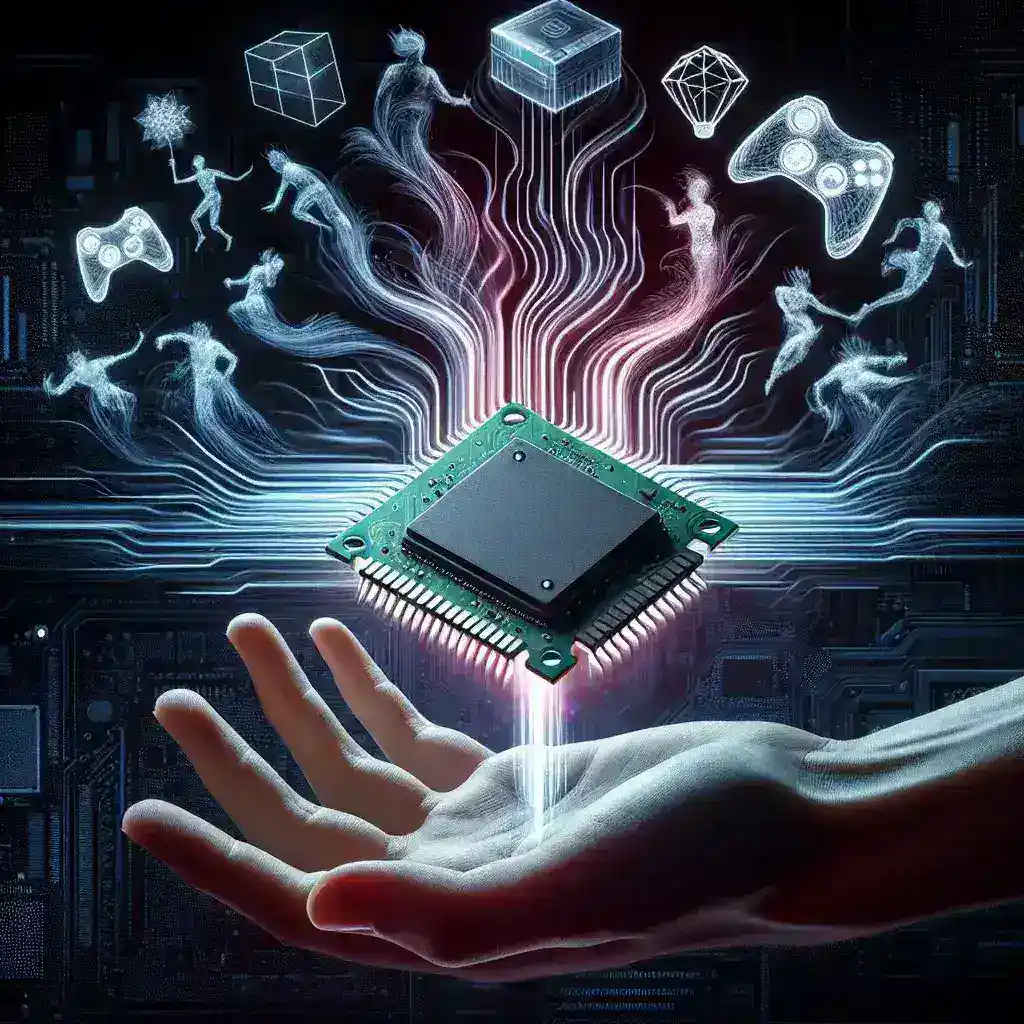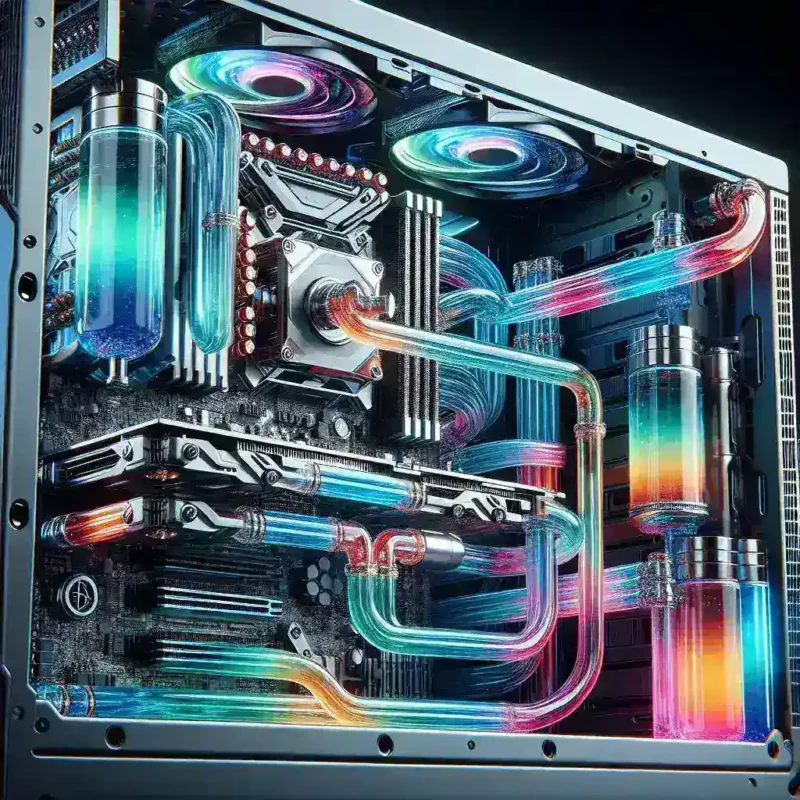In the immersive and competitive world of gaming, hardware performance always matters significantly. Among several factors that influence gaming quality, memory controller speed holds a pivotal role. But why exactly does this component matter, and how does it impact the overall gaming experience? In this detailed guide, we will uncover the importance of memory controller speed and its direct implications for gaming performance.
Understanding Memory Controller Speed
The memory controller, often integrated within the CPU or present as a separate chip on the motherboard, manages the data exchanges between the Central Processing Unit (CPU) and system memory (RAM). The speed of the memory controller refers to how fast it can manage these data transfers.
Below is a table highlighting the key aspects:
| Component | Function | Impact on Gaming |
|---|---|---|
| Memory Controller | Manages data transfer between CPU and RAM | Influences game loading times and frame rates |
| Memory Controller Speed | Speed at which data is transferred | Higher speeds can significantly reduce latency and increase performance |
Why Memory Controller Speed Matters in Gaming
1. Game Loading Times
One of the first noticeable benefits of a high-speed memory controller is reduced game loading times. Modern video games are rich in textures, characters, and interactive environments. Accessing these features quickly demands high-speed data transfer, which a faster memory controller provides.
2. Frame Rates and Smooth Gameplay
Higher frame rates and smoother gameplay are crucial for an immersive gaming experience. Rapid data exchange managed by a high-speed memory controller ensures that the CPU can quickly fetch and execute instructions from memory, leading to enhanced frame rates.
Impact of Memory Controller Types
Memory controllers come in various types, each influencing gaming performance differently:
- Integrated Memory Controller (IMC): Integrated within the CPU, IMCs offer faster communication since they eliminate the need for an external bus. Most modern CPUs feature IMCs.
- External Memory Controller: Found in older systems, these are separate chips on the motherboard. Communication is slower due to latency in data transfer, affecting performance.
Comparing Memory Controller Speeds in Different CPUs
Different CPUs offer varying memory controller speeds. Here's a comparison of some popular CPUs:
| CPU Model | Memory Controller Type | Speed Impact (GHz) |
|---|---|---|
| Intel Core i9-10900K | Integrated | 4.8 GHz |
| AMD Ryzen 9 5900X | Integrated | 4.7 GHz |
| Intel Core i7-9700K | Integrated | 4.6 GHz |
Optimizing Memory Controller Speed
Overclocking
One method to optimize memory controller speed is through overclocking. Overclocking involves increasing the operational frequency of the memory controller, leading to faster data transfers. However, it comes with risks like system instability and potential hardware damage.
Using High-Speed RAM
Ensuring that the RAM used is compatible with the memory controller's highest speeds can also maximize performance. High-speed RAM can synchronize better with the controller, leading to enhanced gaming performance.
Additional Factors Influencing Gaming Performance
While memory controller speed is essential, it's not the only factor influencing gaming performance. Consider the following:
- CPU and GPU Performance: High-performance processors and graphic cards are vital for tackling complex game computations.
- Storage Solutions: SSDs over HDDs lead to faster loading times and better game responsiveness.
- Network Speeds: For online gaming, low latency and high-speed internet connections are crucial.
Conclusion
In conclusion, the speed of the memory controller plays a significant role in determining gaming performance. From reducing game loading times to enhancing frame rates, a high-speed memory controller can substantially improve gaming experiences. By understanding its function and optimizing its speed, gamers can achieve smoother and more responsive gameplay.



